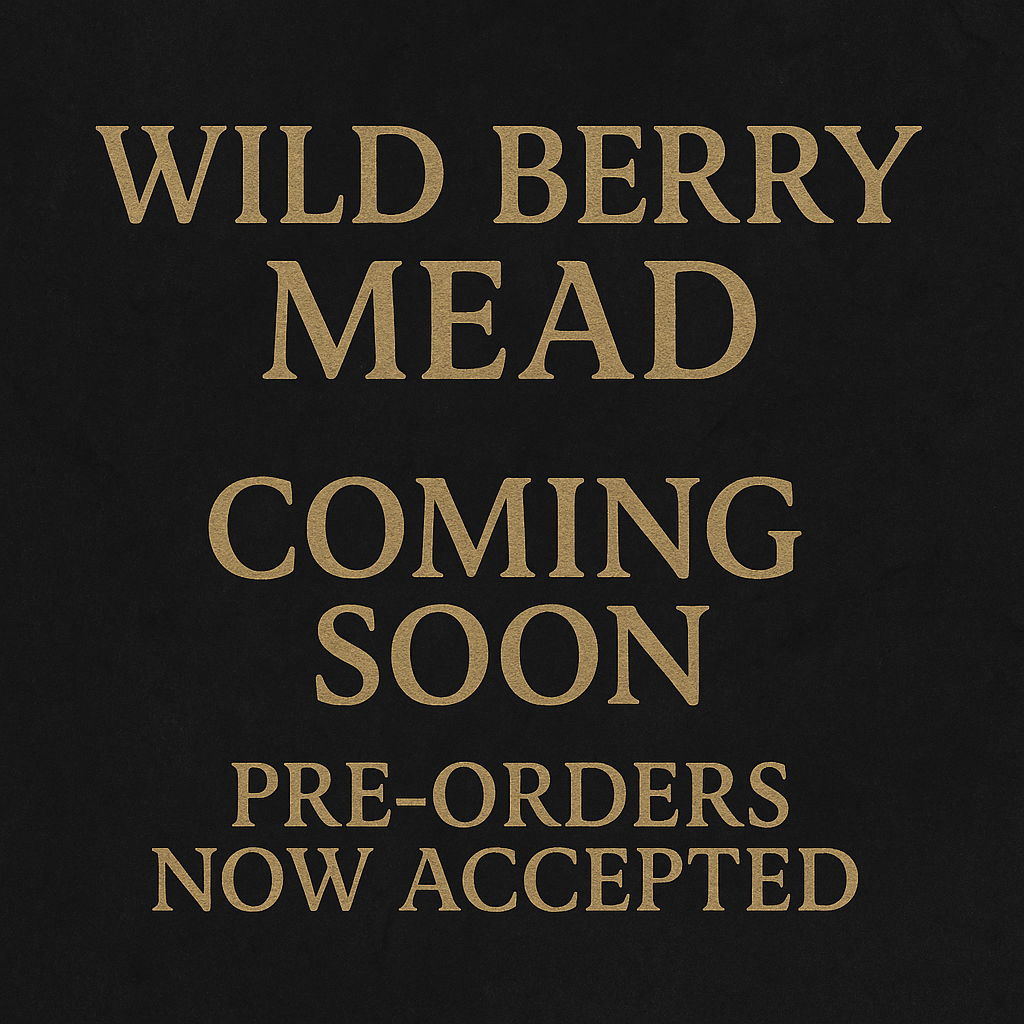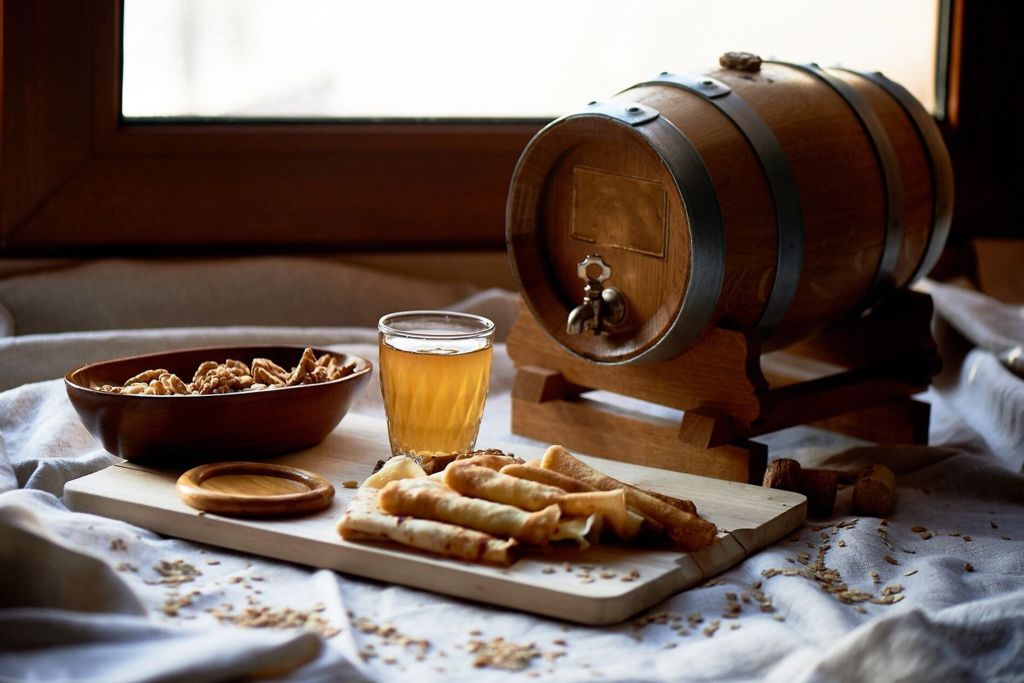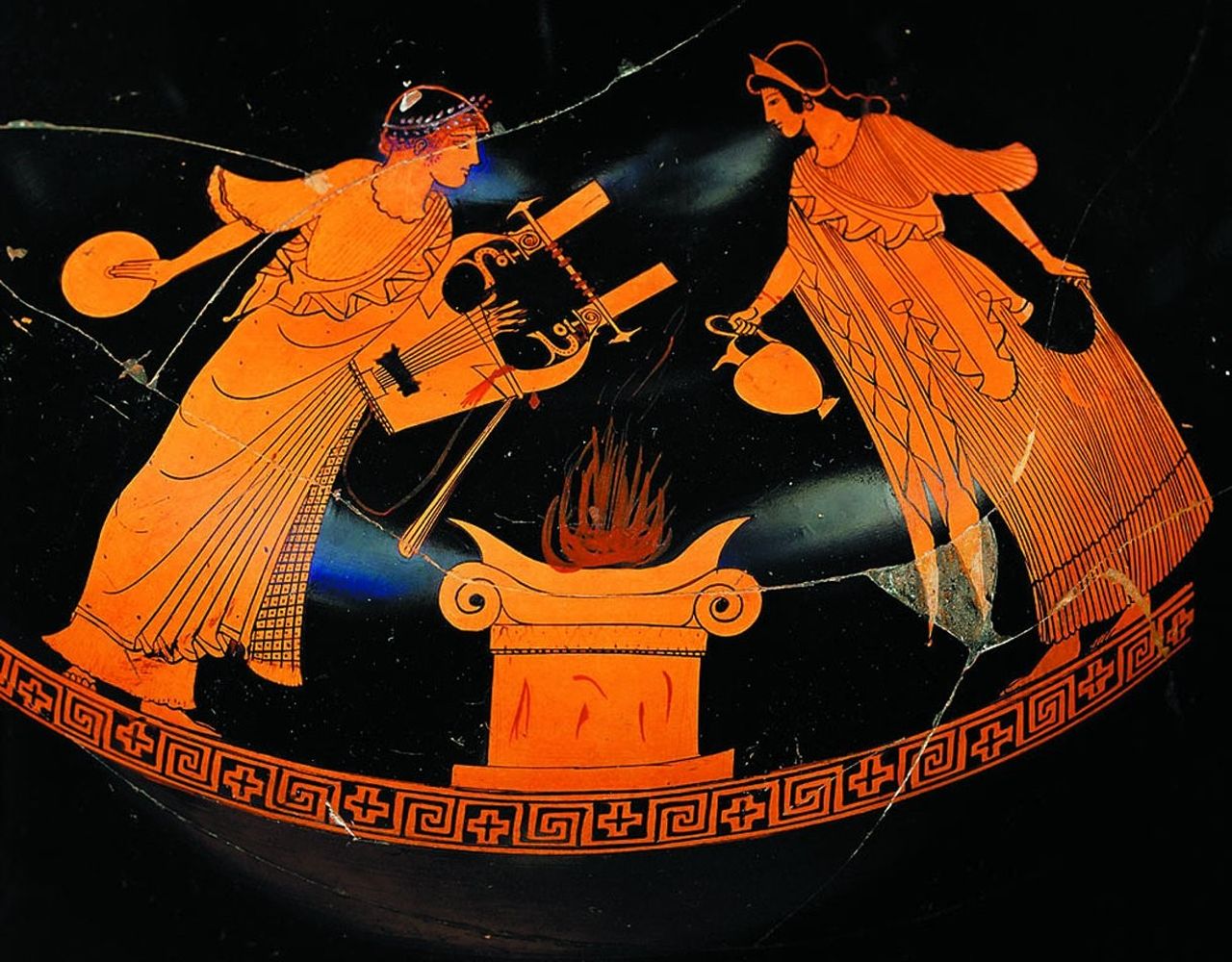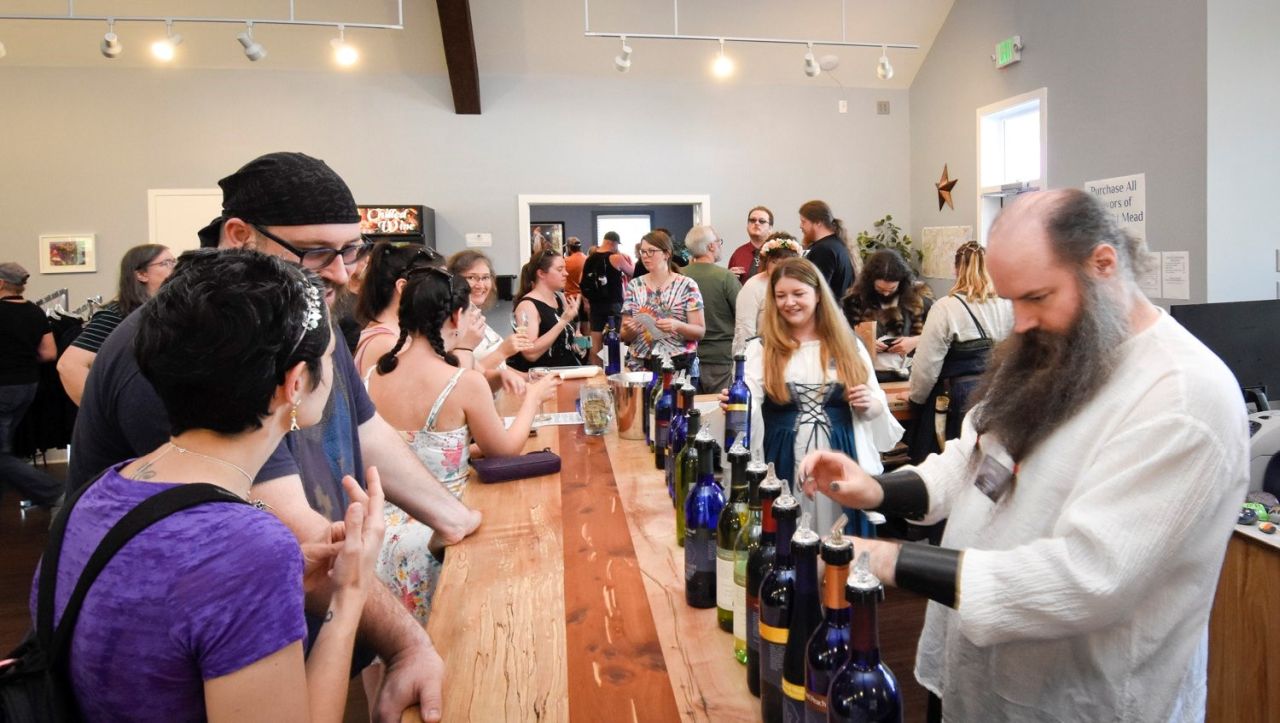
Neolithic China: the first honey ferment
What we know
Archaeochemical analysis indicates honey was part of the ferment, placing honey-wine among humanity’s earliest drinks.










Ripe strawberry, blackberry, and raspberry folded into golden honey — juicy, vibrant, and moreish.
Pre-Order NowFrom Neolithic discoveries to Norse legends and a modern revival, mead has always meant celebration, craft, and community. Explore the milestones below — then taste the tradition.

Chemical residues in pottery from Jiahu show a mixed drink of rice, honey and fruit — the earliest known alcoholic beverage.
Archaeochemical analysis indicates honey was part of the ferment, placing honey-wine among humanity’s earliest drinks.

Across early civilisations, honey-wine accompanies ritual, medicine and myth — a sweet “nectar” long before grape wine takes over.
Mead appears in texts and traditions across the Mediterranean and Near East, often tied to celebration and ceremony.

Finds from Wroxeter and Hadrian’s Wall suggest mead was made here in the Roman period; honey also sweetened wines like mulsum.
English Heritage highlight archaeological evidence and mead’s long link to Britain — right up to today’s resurgence.

Honey, herbs and patience — monastic tradition keeps mead alive while banquets across Europe raise horn and cup.
Recipes diversify with spice and herb additions; mead remains a symbol of hospitality and celebration.

Odin steals a magical mead brewed from Kvasir’s blood — any who drink it gain wisdom and poetic spark.
The tale links mead with inspiration itself — a metaphor for craft and creativity that still resonates today.

As beer, wine and spirits scale up, mead recedes — but never disappears. Today, craft makers bring it back in style.
Heritage groups and makers report growing interest, with new styles and pairings appearing everywhere.

We honour old methods with modern precision. Real honey. Clean fermentation. Flavours inspired by nature and myth.
Balanced sweetness, careful ageing, and a focus on clarity make our meads smooth, characterful and food-friendly.
A bold fusion of honey, raspberries, blackberries, and strawberries. Woden...
Fae as Folk Spiced Rum A limited edition spiced rum...
Rich, bold, and spiced to perfection – Woden Spiced Mead...
A bold, pirate-worthy spiced rum with fire, bite and just...